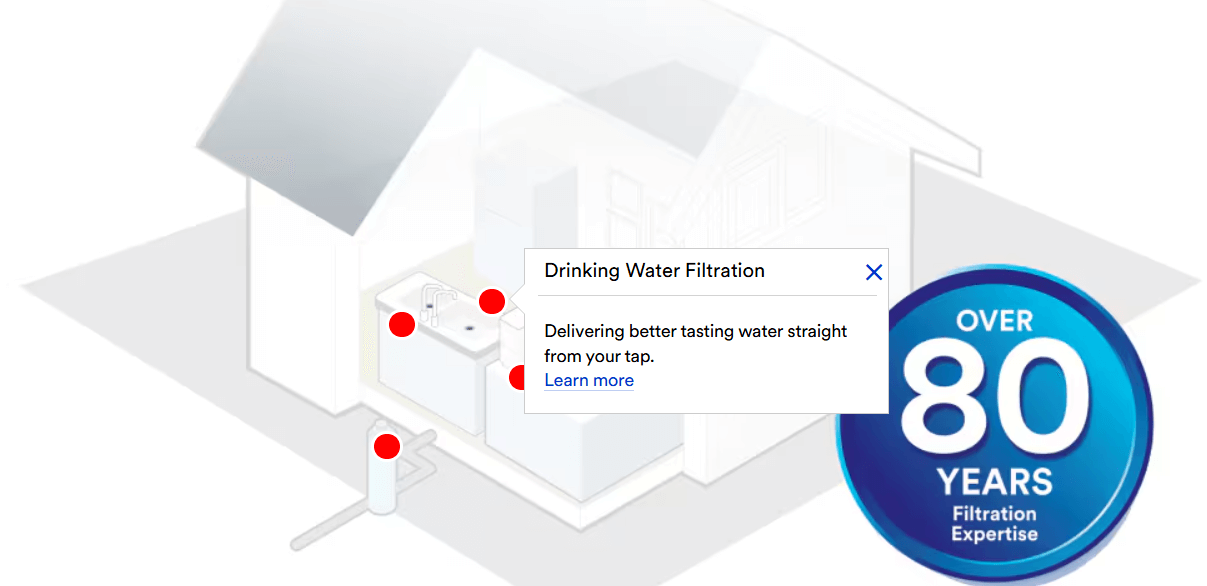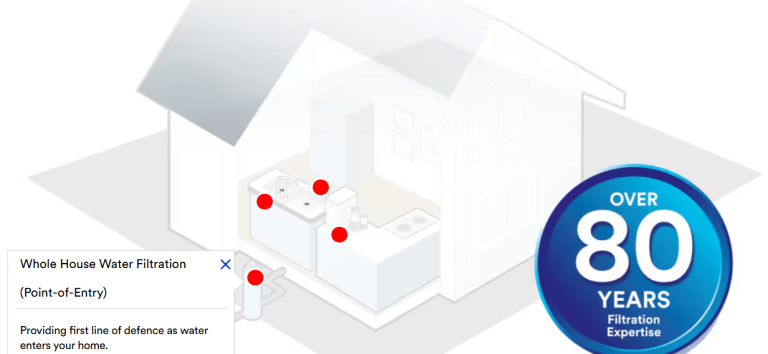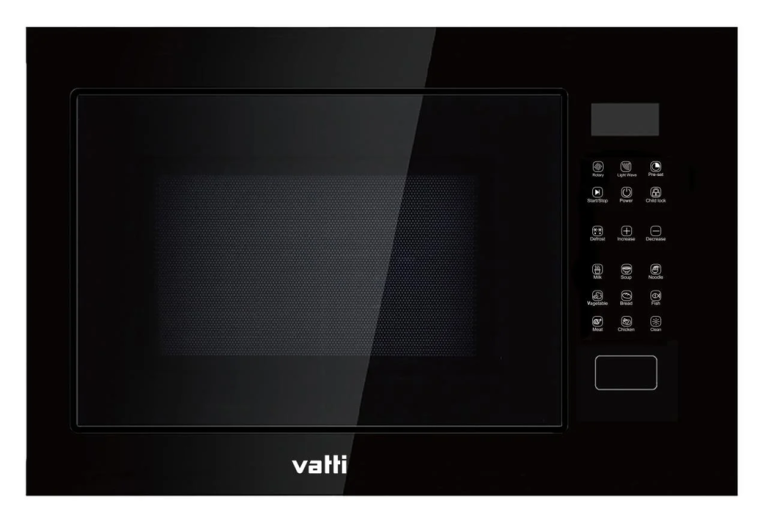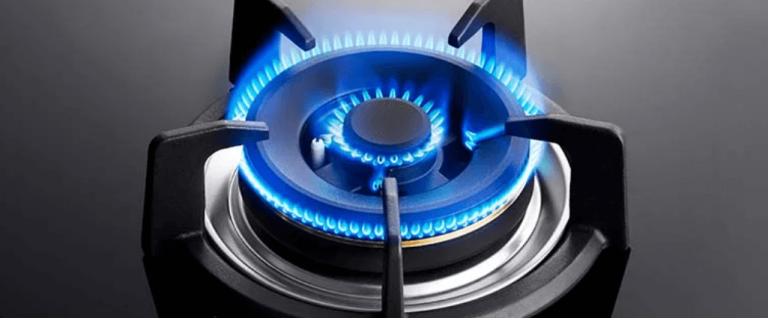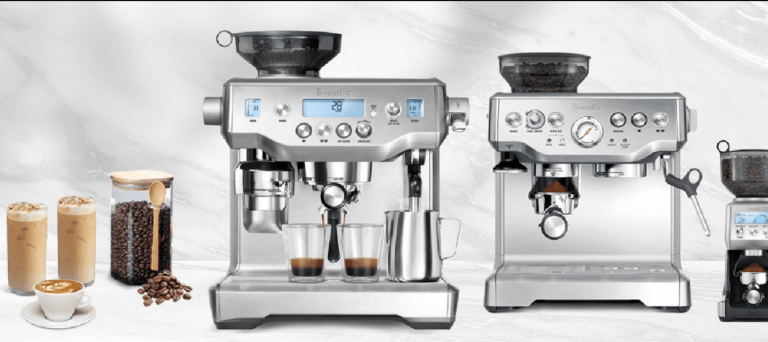Water Filters vs. Bottled Water: Cost Savings and Environmental Impact
Choosing between water filters and bottled water involves weighing financial, environmental, and health factors.
While bottled water offers convenience, countertop filtration systems like the 3M Countertop Drinking Water System CTM-02 deliver superior long-term value and sustainability.
Below, we compare both options in detail.
1. Cost Comparison: Filters Save Hundreds Annually
Bottled Water Expenses
- Per-Bottle Cost: A 16.9 oz bottle averages $1–$2.50 (retail) or ~$0.50 (bulk).
- Annual Household Cost: A family of four drinking 8 bottles daily spends $1,460–$3,650/year.
- Hidden Costs: Fuel for store trips, storage space, and time spent restocking.
Countertop Filter Costs
- Initial Investment: The 3M CTM-02 costs ~$150–$200 (no installation fees).
- Annual Maintenance: Replacement cartridges cost ~$60–$80/year.
- 5-Year Total: Filters cost $450–$600 vs. $7,300–$18,250 for bottled water.
Verdict: Water filters pay for themselves in 3–4 months and save ~90% over bottled water long-term.
2. Environmental Impact: Filters Slash Plastic Waste
Bottled Water’s Footprint
- Plastic Pollution: Over 80% of plastic bottles end up in landfills or oceans, taking 450+ years to decompose.
- Carbon Emissions: Manufacturing and transporting bottles generates 2.5 million tons of CO₂ annually in the U.S.
- Water Waste: Producing 1 liter of bottled water uses 3 liters of freshwater.
Filter Sustainability
- Plastic Reduction: One CTM-02 cartridge replaces ~600 single-use bottles annually.
- Lower Emissions: Eliminates transportation and bottling-related CO₂.
- Recyclable Cartridges: Many brands, including 3M, offer recyclable filter components.
Verdict: Switching to the CTM-02 prevents ~1,200 plastic bottles/year per household.
3. Health & Safety: Filters Outperform Bottled Water
Bottled Water Risks
- Microplastics: 93% of bottled water contains microplastic particles linked to health risks.
- Chemical Leaching: Heat exposure can release BPA and phthalates from plastic bottles.
- Inconsistent Quality: Some brands bottle untreated tap water, with fewer regulations than municipal supplies.
3M CTM-02 Advantages
- NSF/ANSI 42 & 53 Certification: Independently verified to reduce:
- Chlorine taste/odor (Standard 42).
- Lead, benzene, cysts, and P-Dichlorobenzene (Standard 53).
- 0.5-Micron Filtration: Removes particles twice as small as most standard filters (e.g., sand, sediment, parasites).
- Safer Materials: BPA-free components prevent chemical leaching.
Verdict: The CTM-02 provides cleaner, safer water than most bottled brands.
4. Convenience: Filters Offer Effortless Access
Bottled Water Hassles
- Storage Challenges: Bulk bottles clutter homes and require fridge space.
- Supply Anxiety: Stock shortages or emergencies disrupt access.
- Portability Limits: Heavy to carry for daily hydration.
CTM-02 Convenience
- Instant Filtered Water: On-demand access from your kitchen countertop.
- No Installation: Plug-and-play setup—no plumbing or drilling required.
- 10-Second Cartridge Changes: Sanitary Quick Change (SQC) design simplifies maintenance.
- Sleek Design: Futuristic aesthetics complement modern kitchens.
Verdict: Filters eliminate the need for storage, shopping trips, and bottle disposal.
5. The 3M CTM-02: A Case Study in Efficiency
This countertop system exemplifies why filters dominate bottled water:
- Superior Filtration: Removes lead, cysts, and chemicals that many bottled brands ignore.
- Space-Saving: Compact design fits small kitchens or apartments.
- Certified Performance: NSF standards ensure reliable contaminant reduction.
- Eco-Friendly: One cartridge saves hundreds of bottles from landfills.
Final Verdict: Filters Win on Every Front
- Cost Savings: Save $1,000+ annually vs. bottled water.
- Planet-Friendly: Reduce plastic waste and carbon footprints dramatically.
- Healthier Water: Avoid microplastics and ensure NSF-certified purity.
- Effortless Use: Enjoy clean water instantly, without storage hassles.
By choosing the 3M Countertop Drinking Water System CTM-02, you invest in a sustainable, cost-effective solution that safeguards your health and the environment.

